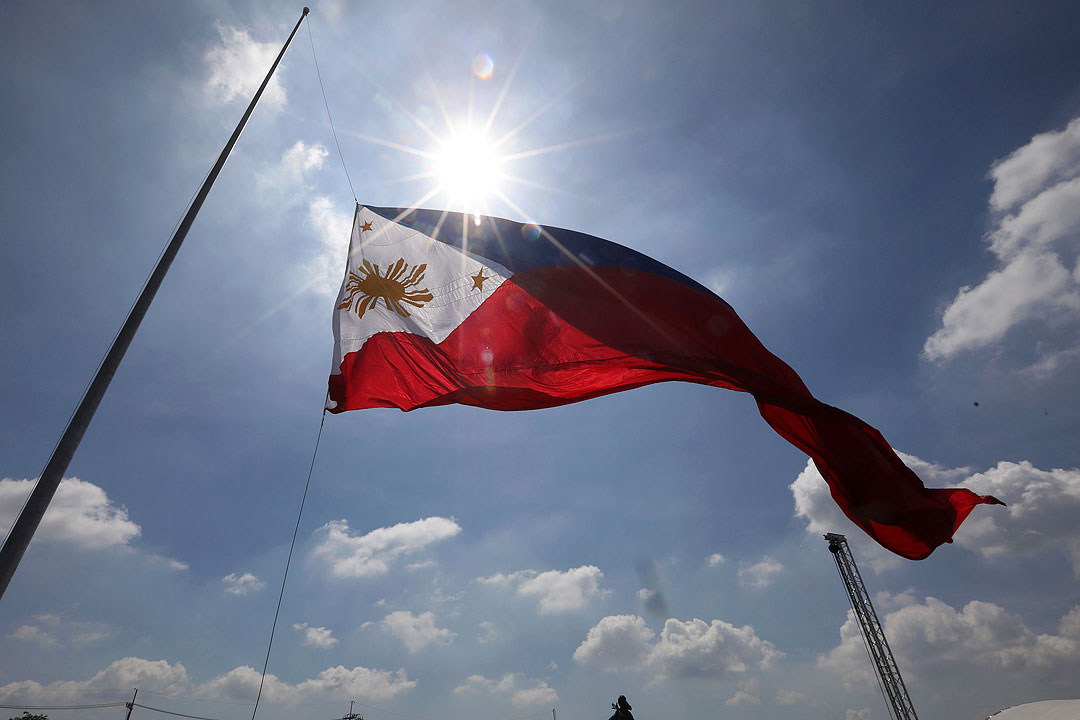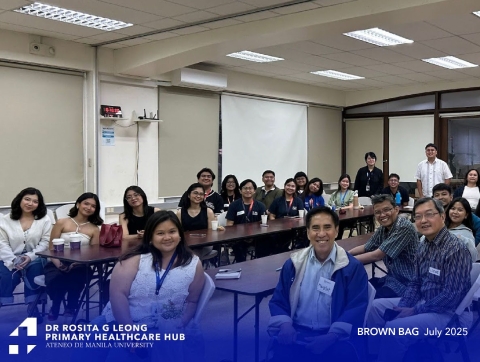[Blueboard] Operationalizing “Independent Foreign Policy”: the Philippines’ response as an emergent Asian middle power
12 Jul 2022 | Alma Maria O Salvador, PhD
Prior to his inauguration in June, President Ferdinand R Marcos Jr, said that he would entwine a policy of strengthened partnership with China and alliance with the US with the pursuit of an independent foreign policy.

Critics of the previous administration’s foreign policy have argued that former President Rodrigo Duterte’s policies of distantiation from the US and of appeasement of China have cultivated instead a dependency on a new hegemonic regional power. As the former Secretary of Foreign Affairs Teodoro Locsin Jr metaphorically said in an interview by Asia Society Policy Institute President Kevin Rudd “(i)t is not independent foreign policy if you simply switch the master before whom you have been kneeling. You're still on your knees before another pair of trousers''.
Thus, how would an emergent Asian middle power such as the Philippines exercise strategic autonomy from the US and China, when its capabilities remain limited? Foremost a position in the hierarchy of powers, middle powers' capabilities are far more significant than their counterparts amidst small or minor states but they are underwhelmed in the face of the influence of great powers. The Asia Power Index 2021 of the Lowy Institute, identifies the Philippines as a low ranking middle actor of Asia, with defense and regional alliance networks as our major assets, while military capability and institutional resilience are our paramount weaknesses.
Our diplomatic response should take into consideration the interplay between structure and agency, particularly the structure of the hub and spokes system that shapes the emergent regional order, and the role of agency in operationalizing our position as an emergent Asian middle power.
Scholars Lee Jaehyon (Asan Institute for Policy Studies) and Bong Youngshik Daniel (Yonsei University) argue that unlike the cold war system, the emerging order defined by the two competing and opposing hub and spoke systems led by the US and China, is a fluid one. It is not bound by the strict ideological allegiance that defined the US - USSR led spheres of influence of the cold war. Instead the hub and spoke system is governed by the competing narratives and practices of the US geostrategic construct of the Indo Pacific and China’s Belt and Road Initiative.
Additionally, middle powers with varying levels of agency and influence are not compelled by their foreign policies to attach to a singular hub. This is true of the Philippines which under the Duterte administration, continued to be a military ally of the US and a major economic partner of China. In 2019, Locsin Jr states “My president’s foreign policy seeks to explore the enlarging opportunities offered by the rise of the biggest economy of the world…” “The US retains the distinction by many orders of magnitude…. A military guarantee of our sovereign independence…” The spokes’ relations with the hub in this emergent regional order, therefore is not only fluid but nuanced, illustrated by how the Philippines downgraded the Philippines-US alliance relations while preserving the Mutual Defense Treaty, Visiting Forces Agreement and Enhanced Defense Cooperation Agreement — the key pillars of the alliance between of our two countries.
A middle power like the Philippines must articulate its middle power role and vision in Southeast Asia in order to thrive in this volatile hub and spokes system. Through the years, political regimes have focused on balancing relations against the impact of the US-China hegemonic rivalry, through structure - reactive strategies that have ranged from equi-balancing (under Macapagal Arroyo) to hard balancing (under Aquino (III) and soft balancing (under Duterte) of an assertive China. These strategies are diplomatic responses to structural changes and are usually defined by the regime’s preference for a specific power.
Beyond a structurally determined response, it is important for the Philippines to purposely construct its role as an archipelagic and maritime nation strategically located in the Indo Pacific region. To begin with are a number of proposed undertakings based on the deepening of functional cooperation in regional maritime security that build on ASEAN’s evolving communities of practice in search and rescue, prevention of unplanned encounters at sea and the more robust strategic information sharing and anti-piracy communities. These are inclusive platforms where ASEAN member states share networked spaces simultaneously with China and the US.
Domestically, the Philippines should continue to develop credible deterrence ready naval and air forces, as part of our primary obligation to enforce the UN arbitral ruling on the South China Sea. The Philippines should enhance efforts to rebuild our shipbuilding industry, protect our marine resources against illegal, unreported and unregulated (IUU) fishing and give further due attention to the Coast Guard and to fisheries and resource management institutions.
Former Foreign Secretary Locsin Jr’s words are again relevant here: “An independent foreign policy means getting off your knees and on your feet and standing up for your country and never to be used by others to fight their quarrels.” With a well conceptualized role as an emergent middle power, the Philippines is able to promote a foreign policy that caters first to the nation’s interest.
Alma Maria O Salvador, PhD is an Associate Professor of Political Science at the Ateneo de Manila University, Philippines.





